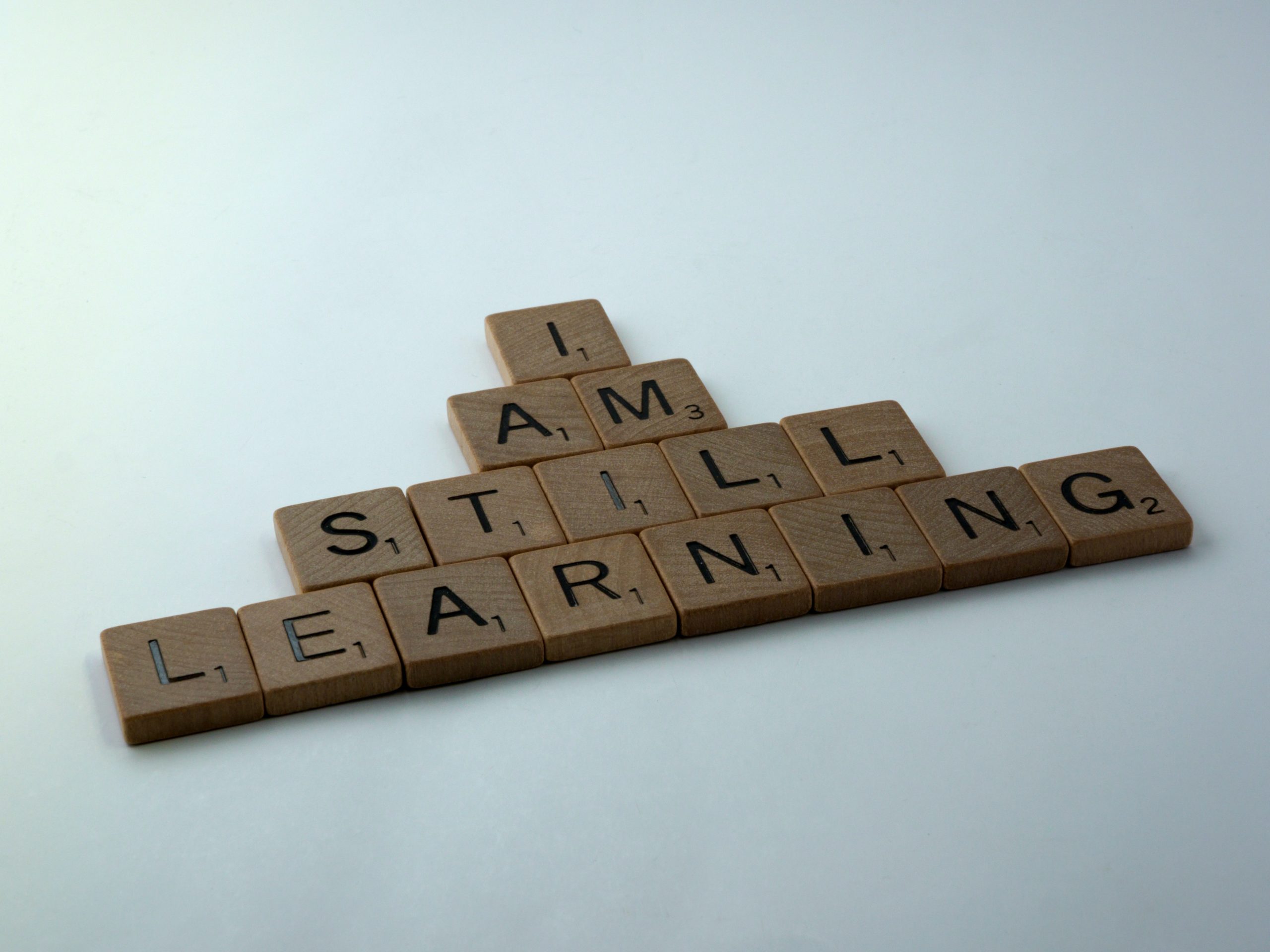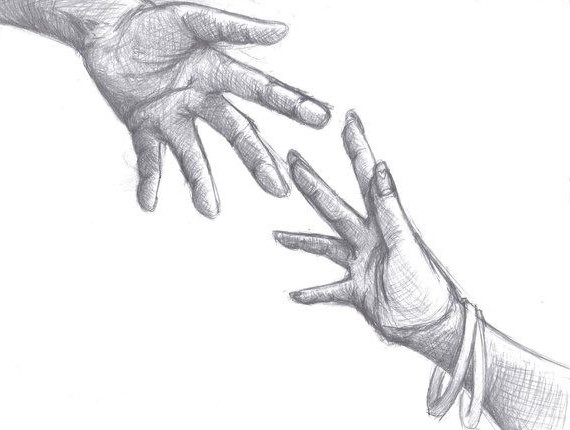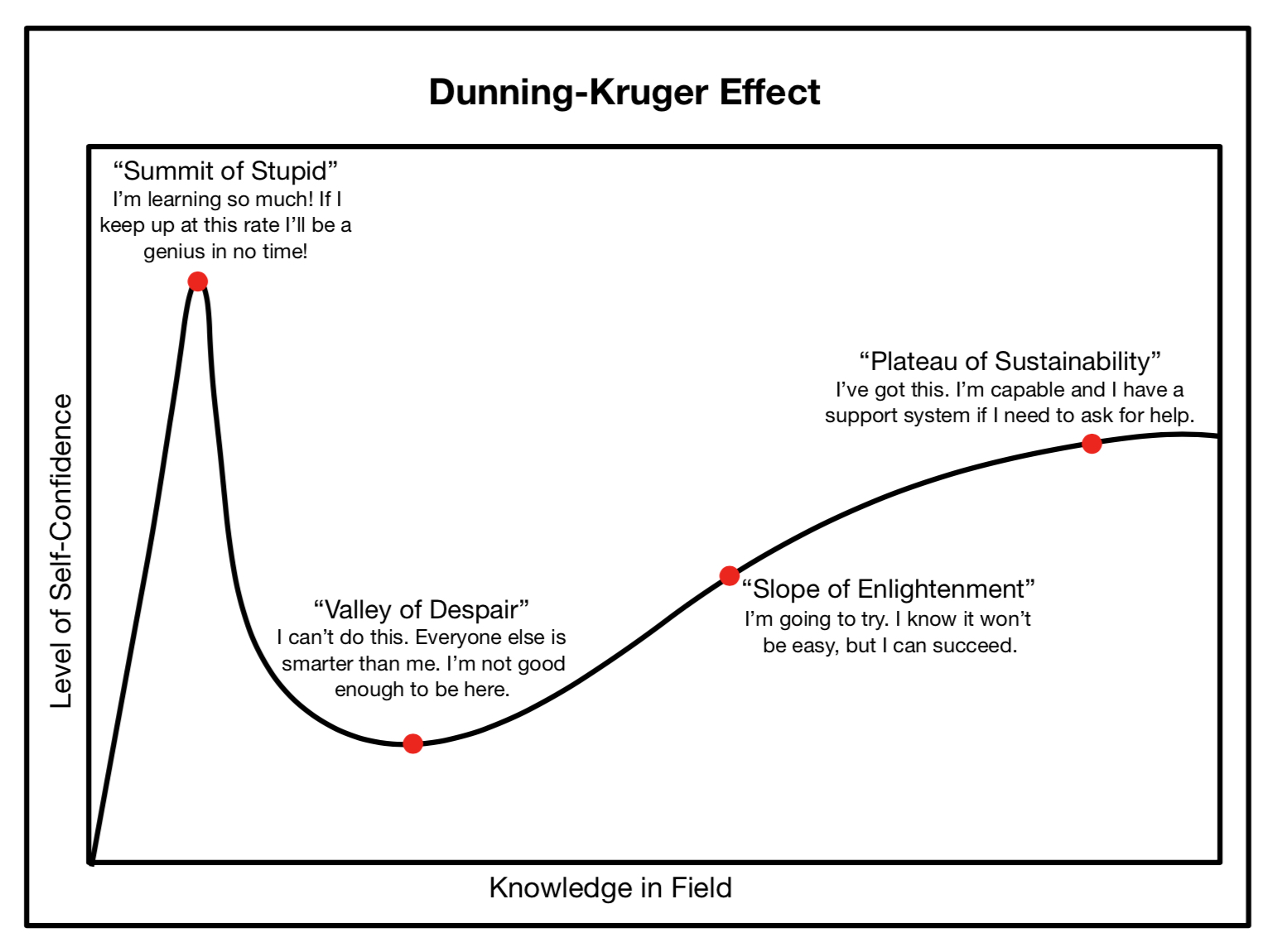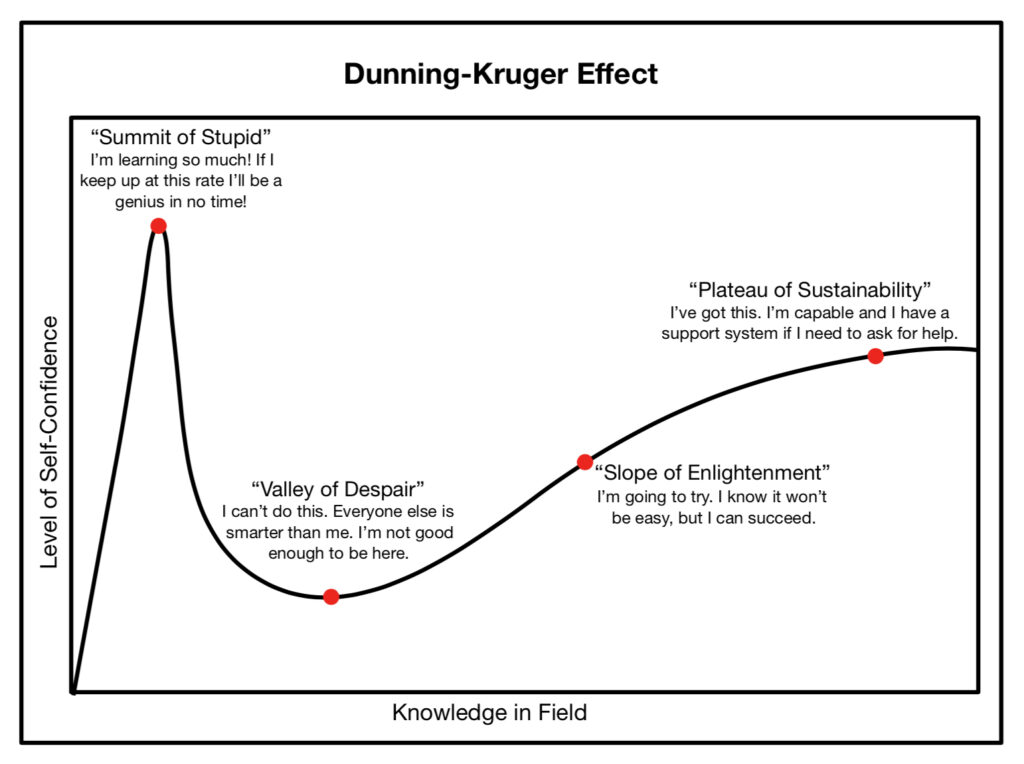Resources to Get Started with a Life-Long Practice of Professional Development
Do you remember your first audio project? Do you remember how excited (or scared) you were about it? For the vast majority of folks working in audio production, we fell into this industry out of passion. It’s a labor of love; long hours and thankless sessions can happen, but we are there to answer the call because we know that we can make things sound the very best we possibly can make them sound.
That initial spark of emotion when we start out drives us all to be better engineers and artists; You have got to keep that spark! In an industry that is always evolving, it is crucial to keep learning, figuring out what is next on the horizon. Our field is really exciting, and actually digging into the various resources available can keep you pumped about your job.
Over the years I have gathered a ton of resources. This is by no means an exhaustive list, but it can get you started on your own professional development journey.
Organizations
Joining an organization not only provides a curated array of resources but is also a way into a community. One of the best ways to learn is from others in your field. Most of the organizations below have membership fees (though some are free), and there are student and early career options available.
SoundGirls
Obviously! Becoming a member is free. https://soundgirls.org/membership/
WAM (Women’s Audio Mission)
Based on San Fransisco, the Women’s Audio Mission holds classes for marginalized genders in audio. Some are in person, and they have remote options as well. They also provide career counseling and work experience.
https://womensaudiomission.org/get-involved/become-a-member/
OmniSound Project
OmniSound Project provides a ton of courses. I took their “Approaching a Mix” intensive a few months ago. They have fantastic workshops as well, and they also do 1:1 lessons. Membership is free to people who belong to marginalized genders.
https://www.omnisoundproject.com/membership.html
TSDCA (Theatrical Sound Designers and Composers Association)
The TSDCA was founded as a response when the Tonys removed Sound Design as a category in 2014. Although the Tonys have since reinstated the awards for Sound Design, the TSCDA continues to be a resource for those working in theatrical sound design, composing, and audio engineering.
https://tsdca.org/application/
AES (Audio Engineering Society)
The Audio Engineering Society is the largest community of audio experts and was created by the industry, for the industry, to inspire and educate the technology and practice of audio. Becoming a member gives you access to 20,000+ of research papers and discounts on their conferences — a must for keeping up with industry technology and standards!
https://aes2.org/aes-membership-overview/
MPSE (Motion Picture Sound Editors)
The premier organization for sound editing professionals. It is dedicated to educating the public as well as the entertainment industry about the artistic merit of sound editing.
https://www.mpse.org/join-us
GANG (Game Audio Network Guild)
An organization for those working in-game audio. https://www.audiogang.org/why-join/
TEA (Themed Entertainment Association)
A place for professionals working in and students of themed entertainment to connect. Think theme parks, exhibits, immersive theater, experiential pop-ups.
https://www.teaconnect.org/Members/Join-TEA/index.cfm
Conferences
SoundGirls
SoundGirls will be hosting their first virtual conference on December 4th and 5th, 2021. There will be a wide array of panels that cover all the different fields of audio.
https://soundgirls.org/event/soundgirls-virtual-conference/
AES (Audio Engineering Society)
I am always blown away by the wide range of panels at AES conferences. I will say that there is often a lot of panels that cover the music industry.
https://aes2.org/events-calendar/aes-fall-online-2021/
NAB (National Association of Broadcasters)
A must if you work in Radio, Television, Streaming, Sports, or Podcasts.
https://nabshow.com/2022/
GameSoundCon
Takes place every year in Los Angeles. It is a great way to learn about Game Audio, see some products at vendors’ tables and meet people working in the field.
https://www.gamesoundcon.com/
GDC (Game Developer’s Conference)
If you want to work in games, try meeting non-audio people. Those are the folks that will hire you! GDC takes place every year in San Fransisco.
https://gdconf.com/
SIGGRAPH (Special Interest Group on Computer Graphics and Interactive Techniques)
A conference about computer graphics and interactive techniques. From what i have heard, there are often VR projects being presented. https://www.siggraph.org/
LDI (Lighting Design International)
LDI is a lighting convention, but they usually have a small section with audio vendors and demo speaker systems. Besides, it is good to meet folks working in other parts of the industry. https://www.ldishow.com/
NAMM (National Association of Music Merchants)
NAMM is a great place to start for anyone working in any part of audio, however, it is geared mostly towards the music industry. Held every year in Anaheim, CA. https://www.namm.org/
CES (Consumer Electronics Show)
A great way to learn and get updated on consumer technology trends and the interests of our audiences. https://www.ces.tech/
ComicCon
Another option is to meet people working in other fields, that could potentially hire you. And, it is essential to consume media and have an understanding of storytelling so that you can best support them with sound. No links here because there is one in most major U.S. cities. (The OG ComicCon is held annually in San Diego.) Look for the one closest to you!
Indiecade
Held annually in Los Angeles, Indiecade is THE gathering for independent game developers. There are board games and LARPs too! https://www.indiecade.com/
On the video game note: also check out Meetups, Global Game Jam, and search for hackathons in your area. Hackathons typically take place over a weekend, and the goal is to build a game. Global Game Jam is pretty much an epic hackathon that takes place annually in multiple cities at the same time. It is a great way to practice sound design while meeting other people. Search for a chapter near you: https://globalgamejam.org/
Blogs
SoundGirls
So many topics! https://soundgirls.org/contributors/
A Sound Effect
A wealth of resources about how sound has been made for many different movies, games, shows, and attractions, as well as a place to buy a lot of sound effects.
https://www.asoundeffect.com/
iZotope
A great resource to learn about iZotope products, as well as mixing tips.
https://www.izotope.com/en/learn.html
Pro Tools Expert
A blog for Pro Tools users. https://www.pro-tools-expert.com/
TheaterArtLife
Blogs about all of the departments in theatre. https://www.theatreartlife.com/
April Tucker’s Blog (Post Production Sound)
April Tucker’s awesome log about post-production. Send along the blogs for filmmakers to your director and editor friends too! https://apriltucker.com/blog/
Podcasts
Available wherever you listen to podcasts.
SoundGirls
Interviews with kick*** women in audio.
A Sound Effect
A wide variety of topics from how sounds were made for certain films, television shows and games, to hot tips about working in audio (like protecting your ears).
Twenty Thousand Hertz
A podcast about how everyday sounds were made, from washing machines to UI sounds to car sounds. And so much more.
Sound Business
Akash Thakkar’s podcast where he interviews people making a killer living in music and sound.
Tonebenders
One of my favorites. Interviews with people working in post-production and game audio and how they tackled sound design for certain projects.
Courses
LinkedIn Learning
I could list what courses are good— but this list would be 20 pages long. Just look up what you want to learn and LinkedIn Learning probably has it. (Hot tip: Many public libraries have a LinkedIn Learning account.)
OmniSound Project
As mentioned before, OmniSound Project holds intensives, workshops, and 1:1s for a wide array of topics and they have a very welcoming community. The website is linked about, but I highly recommend following them on Instagram to keep up to date with their class offerings: https://www.instagram.com/omnisoundproject/?hl=en
The Production Academy
Offers courses in wireless audio, mixing fundamentals, show power, and stage.
https://www.theproductionacademy.com/courses
Sound Design Live
Courses about all things regarding live sound, from system optimization to mixing to RF coordination. https://school.sounddesignlive.com/
Ear Training
SoundGym https://www.soundgym.co/
iZotope Pro Audio Essentials https://pae.izotope.com/
Forums
Production Expert
Saved me many times. https://premium.production-expert.com/
Reddit
Too many options to link. Whatever part of audio you work in, there is a Reddit Forum for it.
Facebook
Same deal as Reddit — if you have an interest in a specific realm of audio, there is a Facebook group for it. Also search for local chapters. (i.e., LA Sound Mixers.) Start with the SoundGirls and Hey Audio Student Facebook groups.
Certifications
WWISE
Middleware for game audio. (How you get audio into a game engine.) Common at AAA studios.
https://www.audiokinetic.com/products/wwise/
DANTE
Live sound networking protocol, with three different levels. Levels 1 and 2 are great even just to begin to learn IT technology.
https://www.audinate.com/learning/training-certification/dante-certification-program
QSYS
Show control software for installations, attractions, and even places like airports, restaurants, and conference rooms. It can do a LOT. Note that it is only for Windows.
https://training.qsc.com/
Shure’s RF Certification Course
Master RF coordination so you have the knowledge to handle any wireless microphone situation that comes your way with this three-course certification: https://www.shure.com/en-US/support/shure-audio-institute/certification/rf-certification
Wrapping up
I hope this list is motivating! Beyond staying on top of the technology and process, constant professional development can motivate you and make you an awesome person to work with — because you will feel excited and intellectually stimulated! It is worth the investment of time and money to keep the spark ignited and to stay on top of your game.











